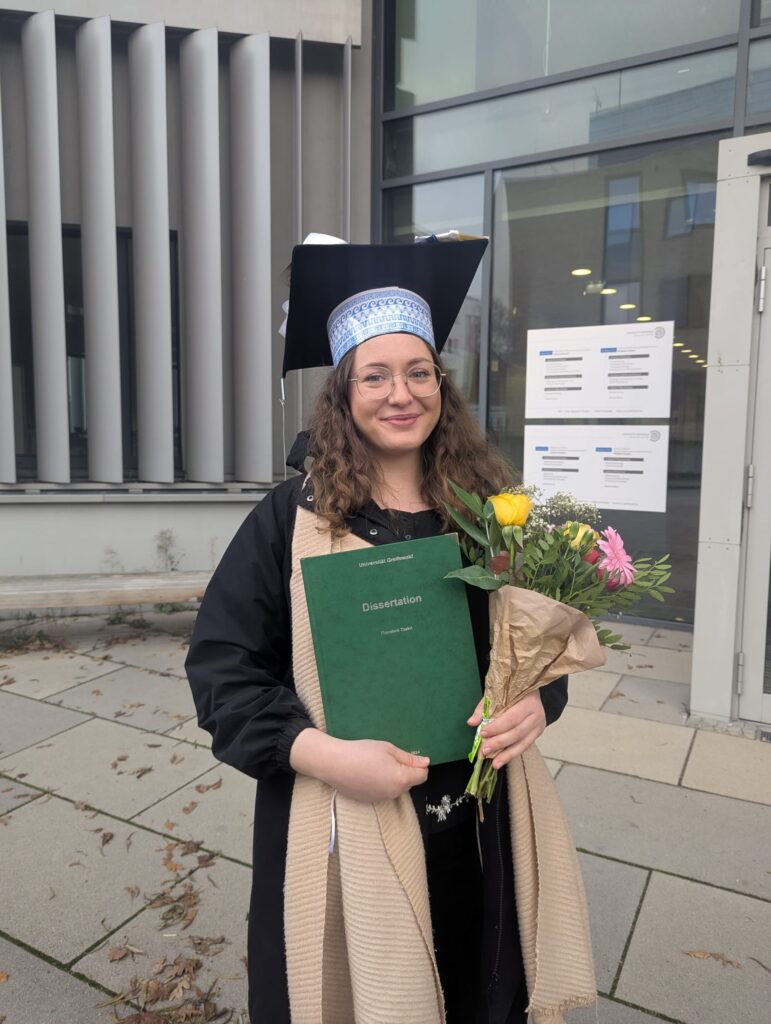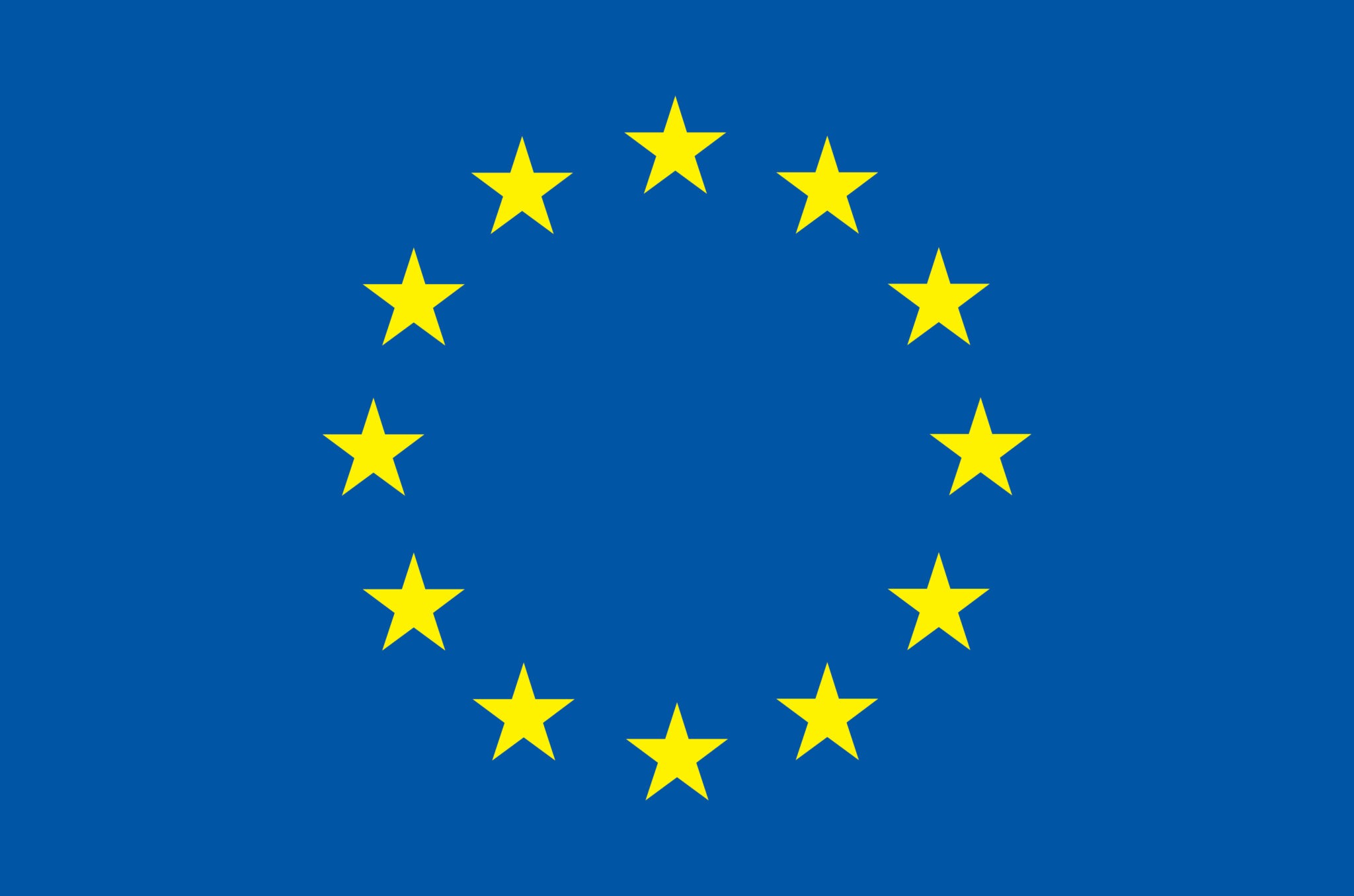Interview with Dorota Sarwinska (ESR 6)
What has your research project focused on?
The focus of my research project was on investigating the gastric emptying of water in healthy older adults. This is a crucial factor for oral biopharmaceuticals, especially for IR drug products, since drugs need to be emptied from the stomach before they can be absorbed in the intestine. The existing data on the potential changes in gastric emptying kinetics related to age are limited and conflicting, highlighting the need for further research to ensure the effectiveness and safety of oral pharmacotherapy in older adults.

What are the key results and innovations coming from your research project? How will they impact the future of drug absorption in geriatric patients and older people?
In order to study the gastric emptying of water in older individuals, a simple, non-invasive and patient-friendly procedure was required. Therefore, the Salivary Tracer Technique was further developed as an indirect method of measuring the gastric water emptying kinetics through the measurement of salivary caffeine concentrations after oral intake of the salivary tracer caffeine. A novel tablet formulation was developed and validated in an in vivo study with young healthy volunteers. The novel tablet formulation successfully resolved the challenges associated with the previously used ice capsule as the vehicle for caffeine, and therefore, it could be readily applied to the clinical study with older adults.
The key result coming from my project is that no changes in gastric water emptying in fasted and fed state conditions were observed in healthy older adults compared to healthy younger adults. This result has significant clinical relevance for the absorption of oral drugs, as well as for the efficacy and therapeutic outcomes of oral formulations in older individuals. It appears that adjustments to the gastric water emptying rate in in vitro tools and in silico modelling are not currently necessary, provided that the investigations correspond to healthy older individuals, as no age-related changes are expected.
What were the surprises and highlights of your road to a PhD?
I was surprised to find that progress in research doesn’t always follow a straight path. Working as an independent researcher may be tough. You might not always get the results you’re looking for, or even run into problems. But these challenges make you stronger and give you experience, which are really important for your future career.
For me, the best highlight was my final PhD Defence. After years of research, work and writing, reaching the final step to the Doctor title can feel like a huge personal achievement!
How did the AGePOP network impact your PhD experience?
The AGePOP network had a beneficial impact on my PhD experience. Firstly, I was part of a broader network and collaborated with stakeholders from industry and academia. This facilitated collaboration with experts, researchers and peers from diverse backgrounds, contributing to my professional growth. Additionally, I had access to a wide range of resources, workshops and training programmes, both for enhancing my research skills and for developing my professional career. Being part of a consortium like AGePOP can really help a PhD student to get noticed by other academics and beyond. This can result in invitations to conferences and collaboration for research projects, which is beneficial for career progression.
How was your MSCA ITN training different to local PhD programmes? Which training was particularly useful for you?
As part of the MSCA ITN training, I was given the opportunity to spend a period of time at Roche in Basel for my industrial secondment. This experience provided valuable insights into the practical application of research in a private sector setting. Such exposure can enhance a graduate’s competitiveness in the job market, whether in academia or industry.
What are your plans for the future?
I am already pursuing a career in the pharmaceutical industry as a researcher focusing on absorption modelling and PBPK modelling.
What message would you like to give other early-stage researchers considering a PhD?
A PhD can be a long and challenging journey. First of all, you’ve got to be passionate and curious. Picking a research topic you’re really into is a big part of that. Surround yourself with a supportive community and attend conferences, workshops and networking events to get new ideas and opportunities for collaboration. And finally, embrace the learning process!

